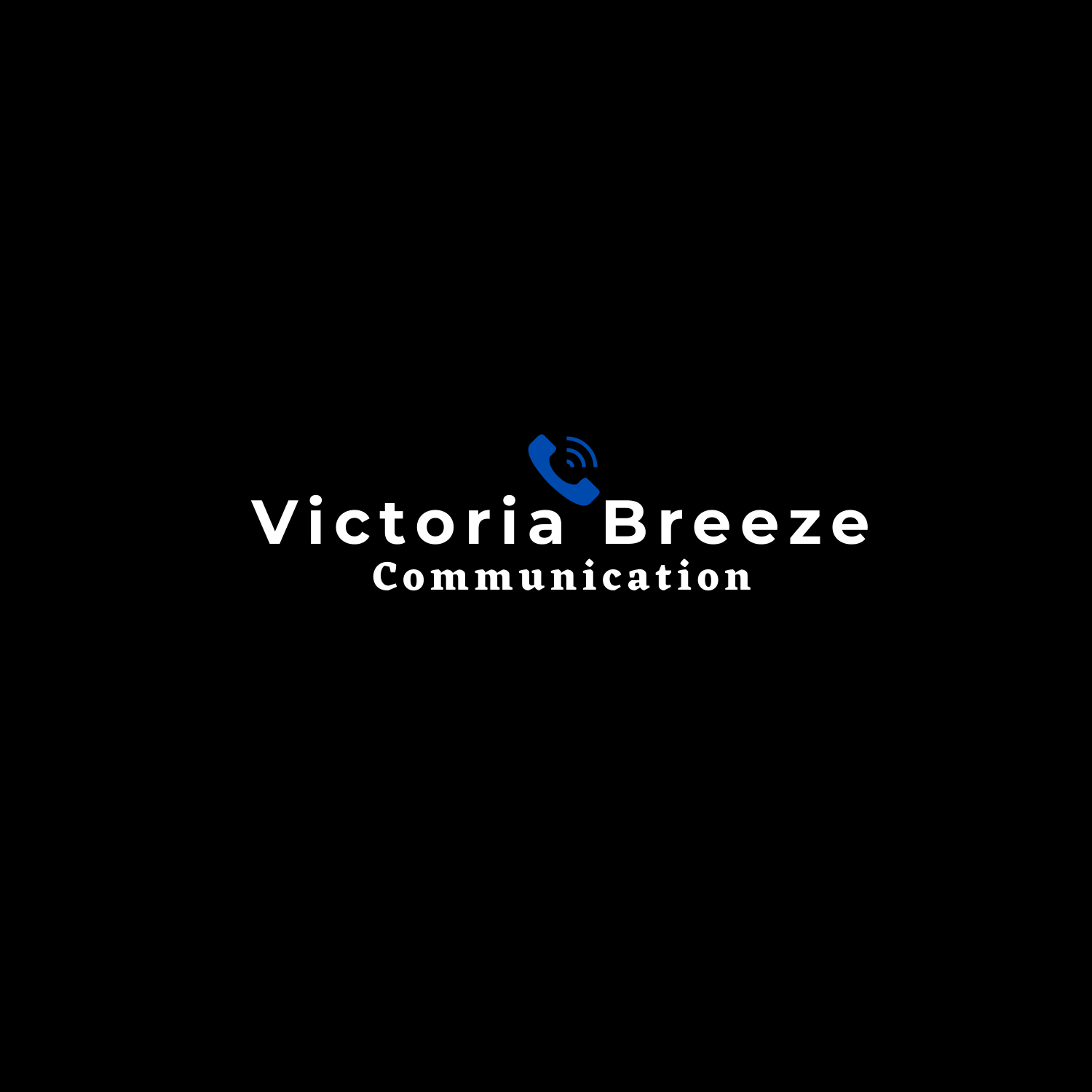PR campaign will help you organize your PR activities and make strategic decisions about the best ways to communicate. It can also help you to use the stories in your business to draw in your target audience as well as increase your profile and build brand awareness.
PR campaign can attract positive media attention, boost sales drastically, and create a positive relationship between your company and the public for years to come.
One of the most effective ways to expand your business, and bring in more customers, is by creating a better PR campaign. When you have a solid campaign in place, you’ll garner more attention in the media, building a buzz around your business that didn’t exist previously.
A strong PR campaign is an effective and efficient way to create a relationship with the people who are essential in the success of your business.
How to create a winning PR campaign; by Nabitali Victoria Bbosa
1. Goals and objectives
The first step in creating a PR strategy is to determine your goals and objectives for what you want to achieve. Make sure your goals are specific, measurable, achievable, realistic and timely (or SMART).
By determining your goals you will have a clear purpose for your PR strategy and maximise the success of your PR activities. Review and evaluate the past year PR activity both for your business and for your competitors. Ask the following questions;
- Did you get any media attention? Did it impact your business in any way? What about your competitor?
- Was it a positive or negative coverage?
- What journalist or blogger wrote favorable articles about you? What about your competitor? In what publication or blog?
- What journalist or blogger wrote unfavorable articles about you? What about your competitor? In what publication or blog?
- How influential is the journalist or blogger?
- When you search for your company on search engines what are the results? What happens when you narrow down to only results from the past year? (To do this from the search page, select tools and change ‘any time’ to ‘past year’) after this review,
- you would be able to benchmark your performance with your competitors. Even better, it will give you an idea of what to do and how much you can improve on. Recognising the outcome you wish to achieve through PR activities is the best way to make sure all actions are an investment in the long-term success of your business.
2. Target audience
Consider the people you believe to have an interest or impact on your business. These are the groups and individuals your strategy must aim to engage with. By targeting specific groups, your strategy is more likely to resonate and capture interest. Identifying your target audience allows you to tailor your PR campaign. By doing so, your brand is more likely to cut through the noise and have a direct impact over the people that are influential in reaching your goals.
For example, for a catering service, the PR campaign would need to consider the people using the service. What events does the business cater for? Is there a specific price range that may affect the types of events? Where is the business based? Asking these questions will help you best define what type of media you should be targeting your strategy towards to better make use of your time.
3. Key messages
Once you have identified your target audience, it’s time to decide what it is you want to communicate with them. Key messages will give your PR campaign direction and should be used throughout all communication. When writing your key messages, consider the following:
Stay focused and keep your key messages brief Align with your business’s values and goals Does it reflect what you would like your audience to know? Are the messages relevant to your audience? A catering service may include the following as one of the key messages they would like their PR campaign to communicate to the target audience. “To establish the business as an industry leading catering service for weddings.”
4. Target media
Now that you have defined who you want to speak to and what you want to say, how can you reach them? Ultimately, the goal of your PR campaign is to gain coverage in media that your target audience is exposed to. To make sure your message is reaching the right people,
it is important to understand your audience and the channels of media that are most likely to be read, watched, or listened to by your audience. Consider the industry you are in and the topic your PR campaign focuses on, as this will give you an idea of the types of publications, tv shows, podcasts and radio stations you should be pitching to.


2 thoughts on “PR campaign”
Comments are closed.